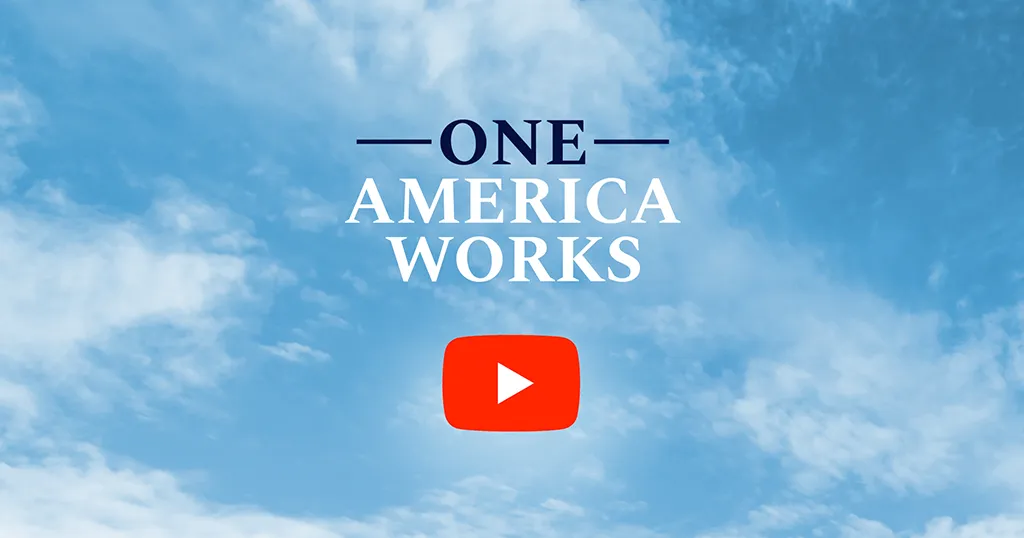After the pandemic shutdowns in March of 2020, companies of all sizes from across the country have faced tough decisions about how, or even if, they would survive. Thousands made cuts or closed altogether. However, so many others have responded with innovative ideas, public health precautions, and more adaptations for the future of work.
Many business owners and entrepreneurs saw COVID-19 as an opportunity to shift gears and embrace the challenge by developing products and services that could help fight the pandemic. Southwestern Pennsylvania has been a great example of this. Rich Lunak, president and CEO of Innovation Works, stated that: “The incredible thing is that entrepreneurs are so tenacious and innovative that many of them found other ways to survive in this environment by pivoting their business model,”. Participants in Innovation Works programming like the startup accelerator AlphaLab and hardware startup accelerator AlphaLab Gear proved to be flexible and able to make the best of a once-in-a-century obstacle.
Ultimately, COVID-19 looks somewhat like a skills test for entrepreneurs. How can they pivot to meet changing market needs? Will they be able to predict different customer behaviors? Of course, no one can do this perfectly, but many growth companies in up-and-coming tech hubs across America accepted and took on the challenge. Here are a few highlights:

DMI and the Digital Transformation
Gregg Gallant, president of the Indianapolis-based Digital Transformation Solutions division, stated that the pandemic “freed all of us from the constraints of on-premise or location-based delivery models and propelled technology solutions and consulting relationships perhaps years down the road,”. Clients were weary of the distributed workforce model, but had to come to terms with it quickly. Since the shutdowns, DMI has proved over and over that they can deliver high-quality services even at the same competitive pricing as before.
DMI is at the forefront of technical solutions to some of the business’ most pressing challenges, providing expertise in mobile strategy, user experience, website and app development, brand and marketing, secure devices, and so much more. Using data and business intelligence allows them to apply the right technology for their clients during this time. They helped a health insurer develop a new screening app, a financial services company offer a virtual mobile experience, and created an app for companies that can enforce social distancing and support returning to work safely.
Overall, they were poised to handle a shift to remote work more than many other companies. Even still, they adjusted standard working procedures, implemented new communications tools, and adopted more autonomous practices.

Telling.ai Supports Health Networks
Pittsburgh-based Telling.ai technology analyzes voice and breath sounds to assess lung health and monitors symptoms for respiratory diseases through a smartphone application. Over the past year and a half, this startup has teamed up with the Allegheny Health Network to see how the technology matches up with traditional lung and pulmonary testing. The results were pretty promising, so with the positive preliminary data, questions started forming around potential use for patients with COVID.
Through a clinical trial, AHN and Telling.ai are ascertaining if voice analyses could help diagnose COVID-19 through vocal patterns and signals, if it could be used for remote monitoring of potentially mild or moderate cases, and even if it could help assess lung function damage for those recovering from the disease.
Ultimately, the startup hasn’t had to do much pivoting, but it has certainly experienced an accelerated timeline to roll-out its technology and an urgency to continue research for improvements and further uses.

Hometraq Revamps Home Showings
Mitigating the effects of the global pandemic has necessitated the enforcement of social distancing. For many industries, this was devastating. Retail stores, restaurants, movie theaters, and others relied heavily on foot traffic and in-person services to stay in business. However, the real estate market took a different turn. Even with a housing market favorable to sellers, many potential homebuyers ran into issues being able to see their future homes due to restrictions on in-person activities.
Enter Hometraq. This St. Louis-based startup pivoted to allowing homes to be shown easily online. A key feature of their technology has been the ability to do live video tours, which helps ease the concerns of homebuyers who worry that pre-recorded videos could be edited to avoid showing major flaws. According to NextMissouri, the design looks similar to a ridesharing platform. “Whenever a user is ready to show a house, they submit a request. Then, different network agents from local brokerages coordinate an appointment. A network agent then meets you at the property based on the user’s availability. This design allows the home buyer to remain in control.”
Like the other two companies highlighted here, Hometraq had to make some adjustments in order to meet changing market needs and complex business environments. Even though live videos were not completely new, they had to be aggressive and proactive in creating a more user-friendly software and platform for the tours they envisioned.
Overall, One America Works has observed resilience in cities and companies from coast to coast. As the pandemic continues to change the world we live in, our team remains hopeful that many of these changes are contributing to a more connected economy and country. Learn more about the future of work and its opportunities for companies and individuals, and give us a follow for more updates!



